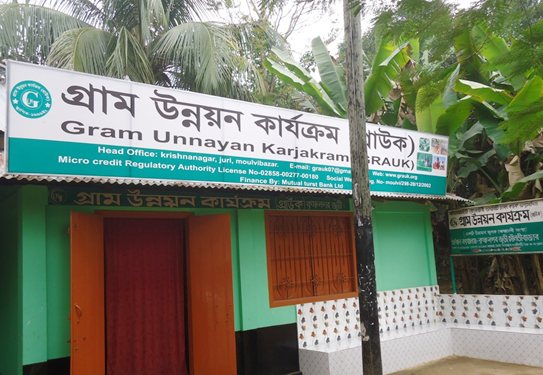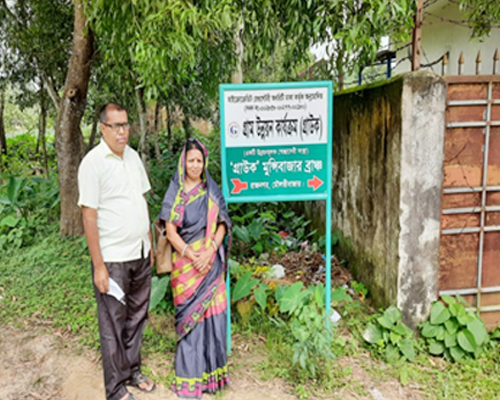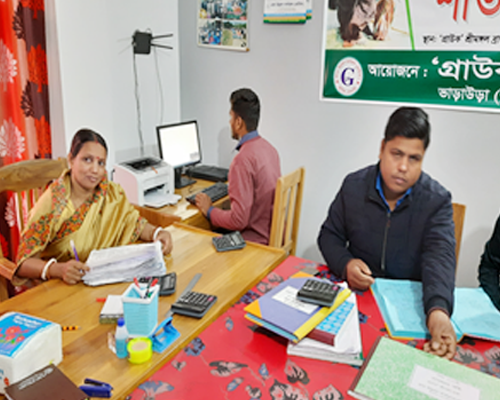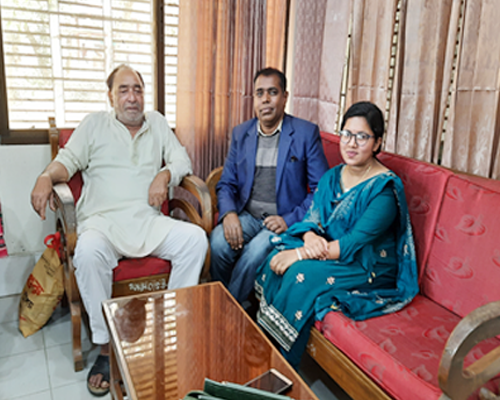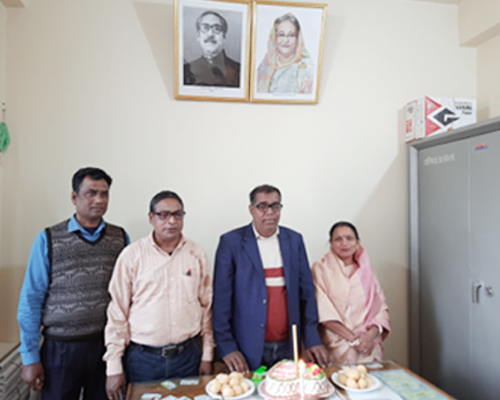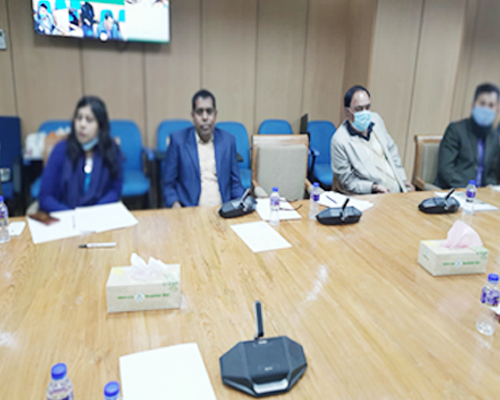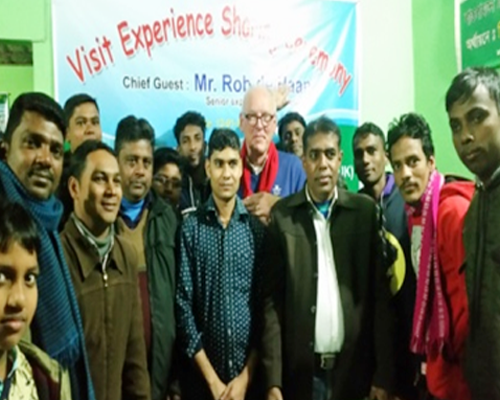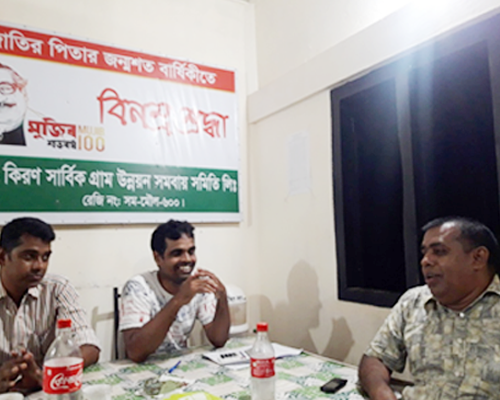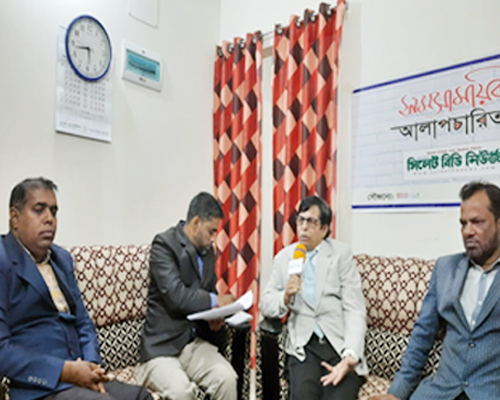Mr. Ashok Ranjan Paul of a people who were then working for other established ASA NGO. At that moment he thought that, who themselves were at variance for a more essential way to improve the exploitation of rural villages in his local area as well as tea garden poor workers. Tea garden workers are excluded from social, political and economic aspects. Tea garden workers become excluded from mainstream people and living inhuman life. For those regions Mr. Paul established None Government Organization (NGO) named “Gram Unnayan Kajrakarm (GRAUK). Mr. Ashok Ranjan Paul is the founder of the organization.
Gram Unnayan Karjakram (GRAUK), is a Microfinance Institution (MFI) in Bangladesh, was established in 1999 to serve community-based organization of the rural poor specially tea garden marginalized poor. As many as 74% of tea garden workers in Sylhet still live below the poverty line. It was set up with a view to providing tea garden poor people’s financial, health, social awareness and education. GRAUK was registered as a "Not for Profit organization with the Registrar of Microcredit Regulatory Authority (MRA) 2006 and Social welfare department in 2002.
Grauk active participation of the tea garden poor members can also ensure the effective and efficient implementation of the development project and make the interventions sustainable. The aim of the organization is to carry out pro-poor specially tea garden peoples. The purpose to support socioeconomic development in the tea estates, and it undoubtedly made significant changes in the stakeholder’s lives.
It was initially funded by own, then some small commercial bank loans, then low-cost loans from a subsidized wholesaler, and finally from client deposits and retained earnings.
